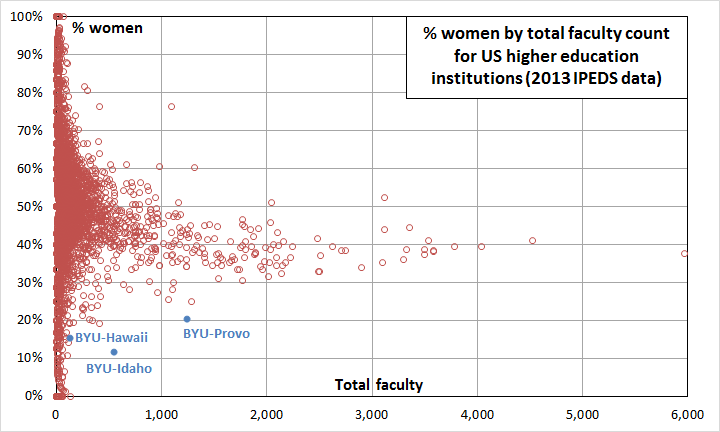In Lynnette’s post a couple of days ago on turning to Christ in the midst of sin, she wrote about how she identified with the struggle to feel worthy to turn to Christ that Martin Luther expressed hundreds of years ago, although, she noted, Luther was more likely to attribute the difficulty of the struggle to the whisperings of Satan, while she as a product of the twentieth century leans more on the language of mental illness. This is a major tangent, but this contrast got me to wondering which GAs today are more or less likely to attribute things to Satan.
Figuring out who’s attributing stuff to Satan is a more difficult task than I really wanted to take on, so I settled for just looking up which GAs talk about Satan the most. Fortunately for me, the LDS General Conference corpus has recently been updated to make it much easier to get results split out by speaker. This even allowed me to broaden my search a little, to include other Conference speakers such as general church officers. I searched the corpus by speaker for uses of “Satan,” as well as three fairly synonymous terms: “devil,” “Lucifer,” and “adversary.” Then I just added up the frequency for each speaker, and converted the results into uses per million words to make them easier to look at. (If you’re interested in differences between how often these terms are used here’s a post I wrote several years ago on that question.)
So who do you think holds the title for referring to Satan most frequently in Conference talks?
You’ll never guess.
Really, you won’t.



